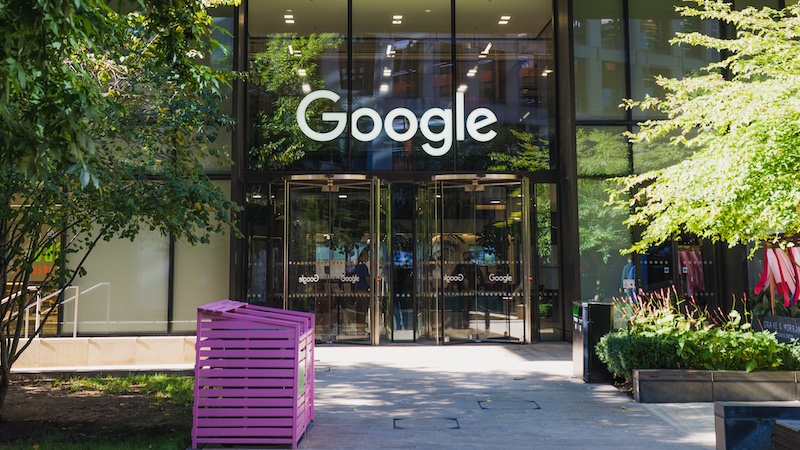The games manufacturer Epic Games has prevailed in court against the tech giant Google. The court has ruled that Google is exploiting its market power with its Play Store due to the company’s monopoly position. But what does this mean for the US company?
This is not the first time that games manufacturer Epic Games has clashed with a tech giant. The dispute between Apple and the Fortnite manufacturer lasted a long time. At the time, the US federal court in Oakland ruled in favor of Epic Games. Nevertheless, Apple emerged from the legal dispute as the big winner.
However, it was not only Apple’s App Store practices that were on Epic Games’ agenda. The Fortnite developer also took on Google. Now the verdict has been reached, we explain the details.
Court exposes monopoly position of Google and its Play Store
Google is exploiting its dominant market position with its Play Store and is therefore operating an illegal monopoly. This has now been decided by a US court in California in the dispute between games manufacturer Epic Games and Google.
Google is demanding fees of up to 30 percent from developers in its Play Store. But not only that, Google also receives a revenue share via the Play Billing payment system.
According to the court, Google is therefore acting in an anti-competitive manner and exploiting its market power. The Californian court ruled in favor of plaintiff Epic Games on all counts.
Epic welcomes the ruling of the US court
The games manufacturer describes the ruling as a “victory for all app developers and consumers around the world”. Epic CEO Tim Sweeney also calls the court’s decision a “victory over Google” in a post on X.
Victory over Google! After 4 weeks of detailed court testimony, the California jury found against the Google Play monopoly on all counts. The Court’s work on remedies will start in January. Thanks for everyone’s support and faith! Free Fortnite! https://t.co/ITm4YBHCus
— Tim Sweeney (@TimSweeneyEpic) December 12, 2023
Google had paid “billions of dollars” to “suppress alternative app stores”. The US company paid developers to close their own app stores. In addition, agreements were also made with device manufacturers so that they would not allow competing app stores.
It proves that Google’s app store practices are illegal and that the company is abusing its monopoly to charge exorbitant fees, suppress competition and restrict innovation.
What consequences will the ruling have for Google and the Play Store?
It is not yet clear what the future holds for Google and its Play Store. On the one hand, the ruling is not yet legally binding. On the other hand, Google has also announced that it intends to appeal against the ruling.
However, even if the ruling becomes legally binding, the responsible judge must first draw up measures that will then be submitted to Google. This will begin in January, according to the X-Post from Epic CEO Sweeney.










